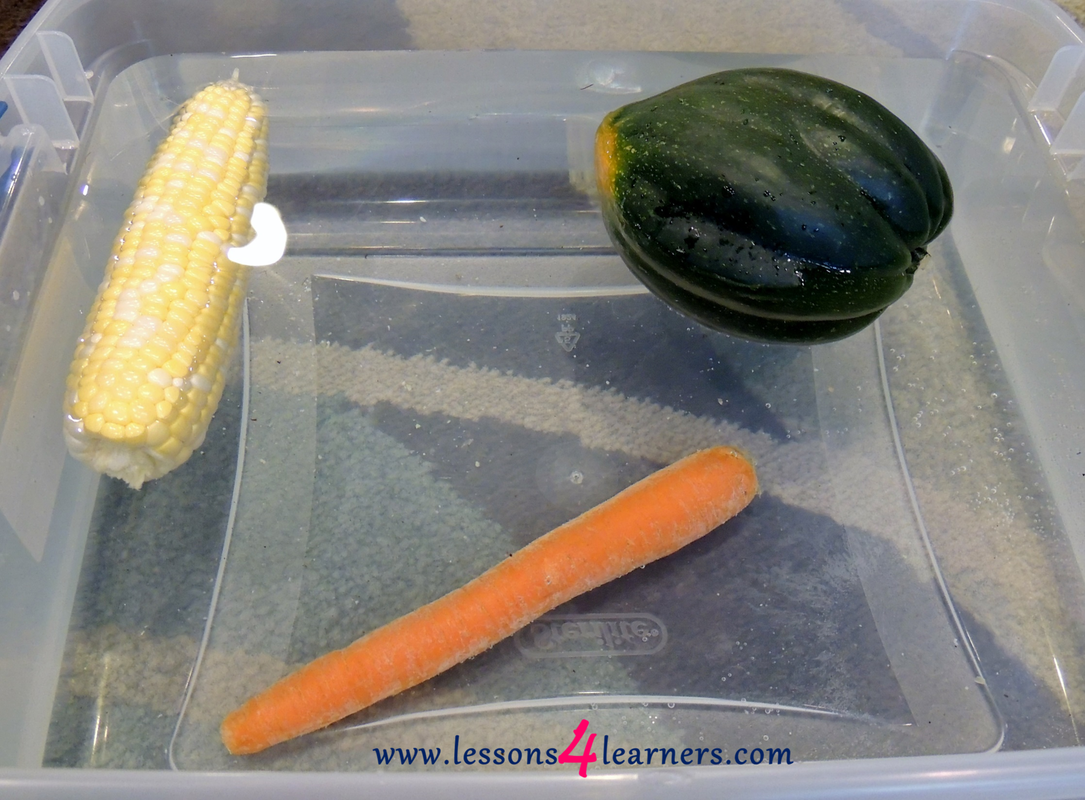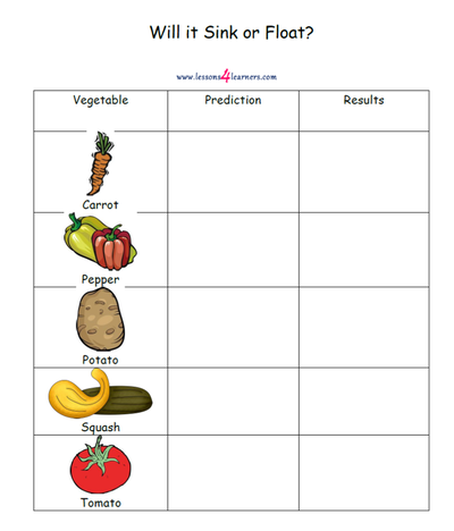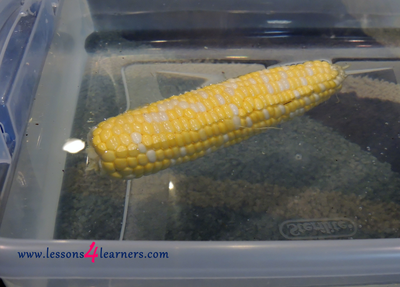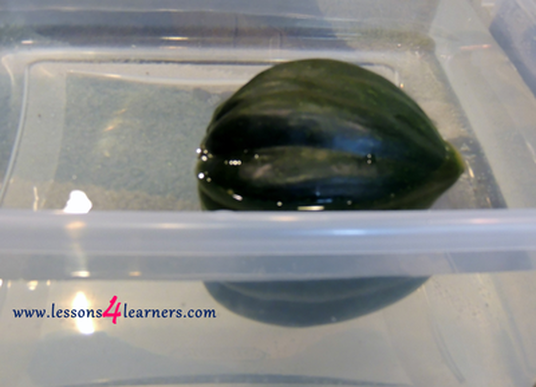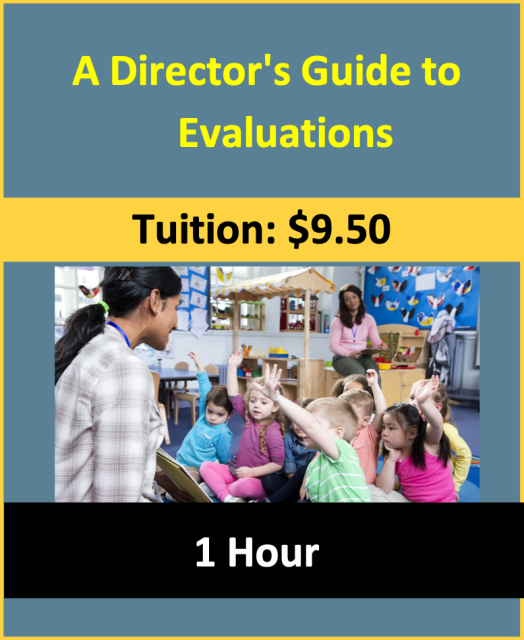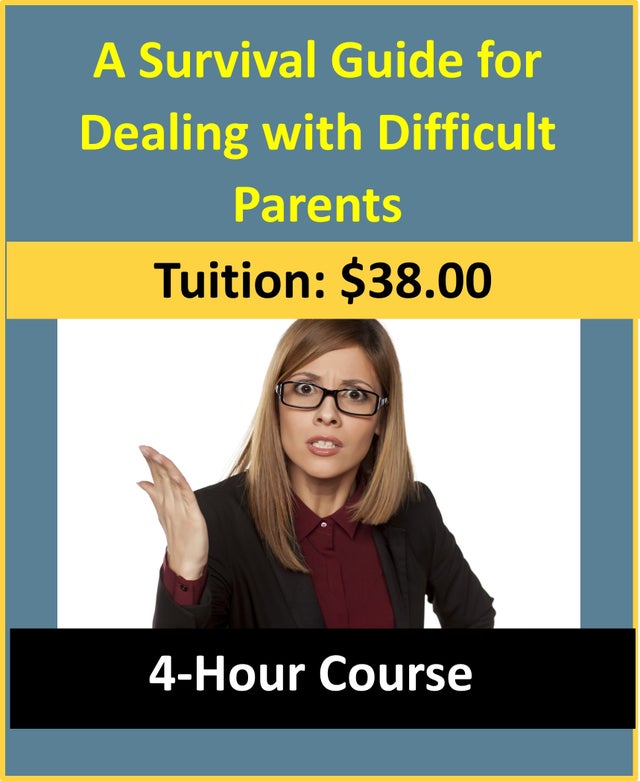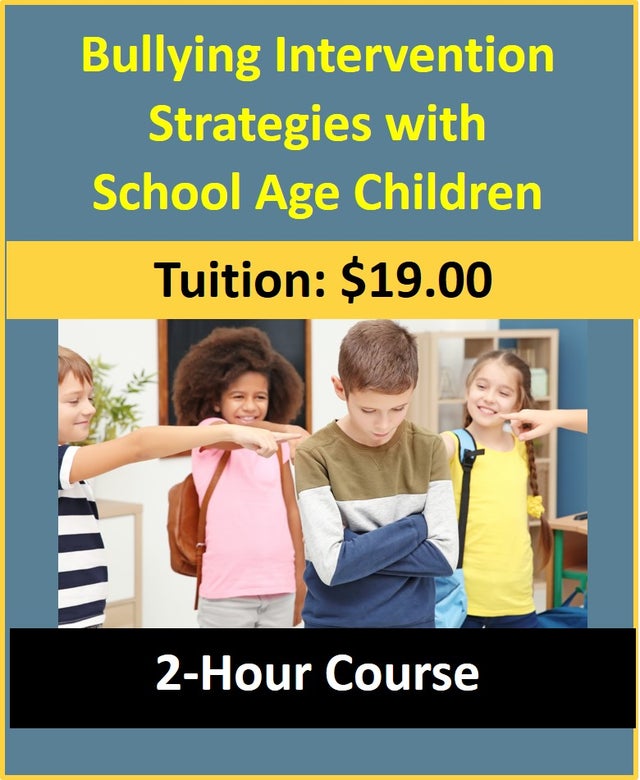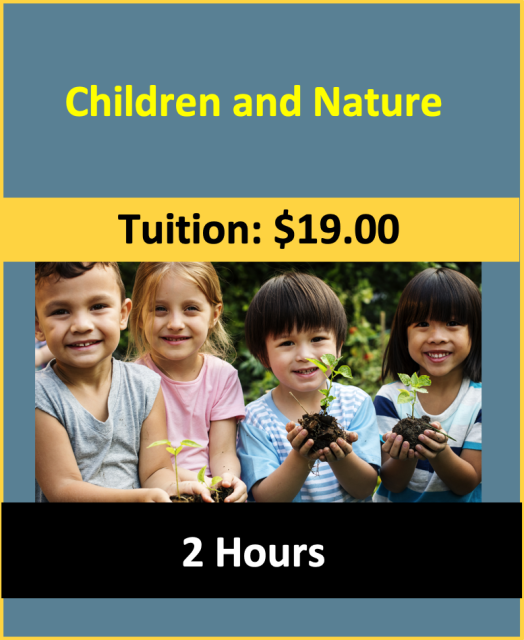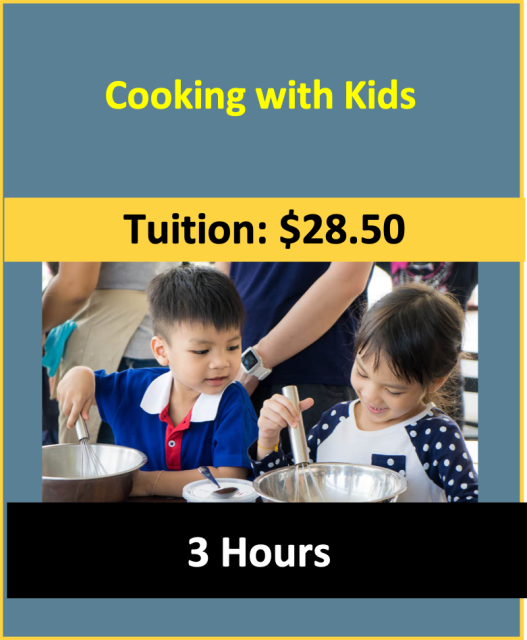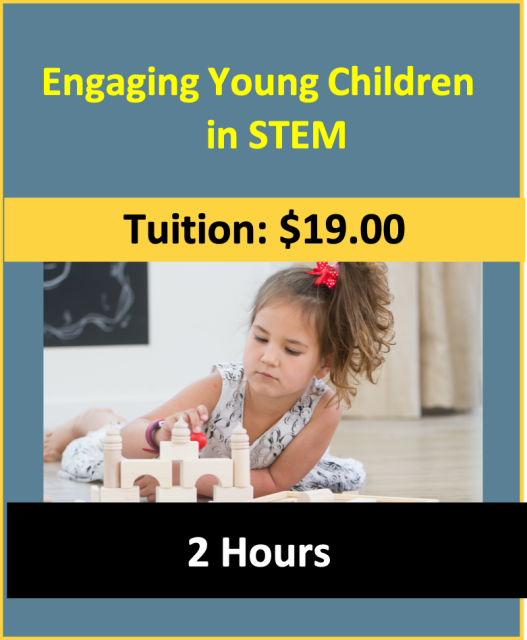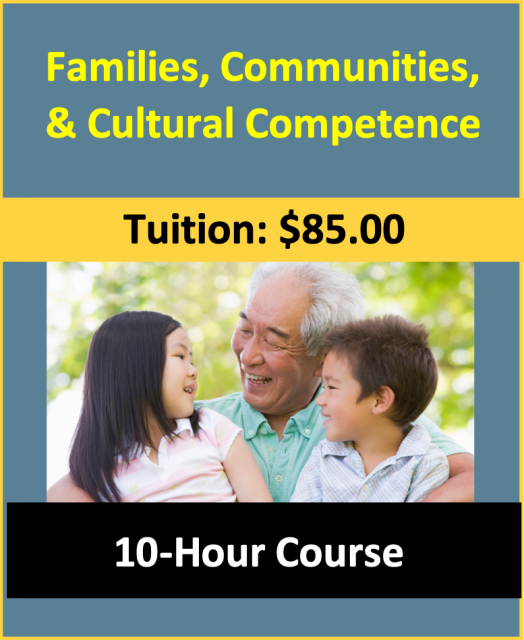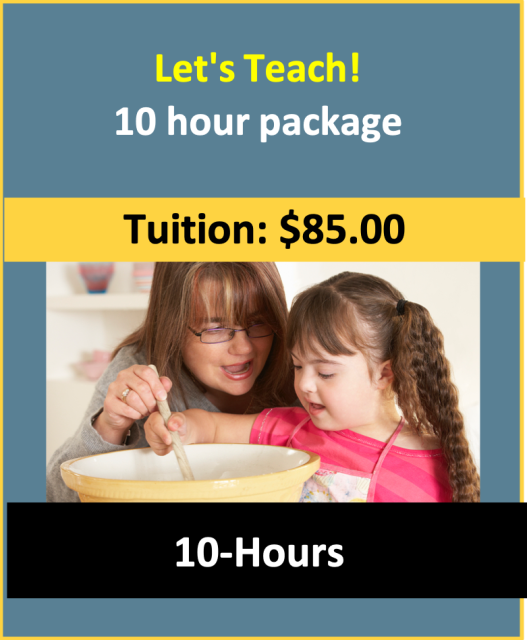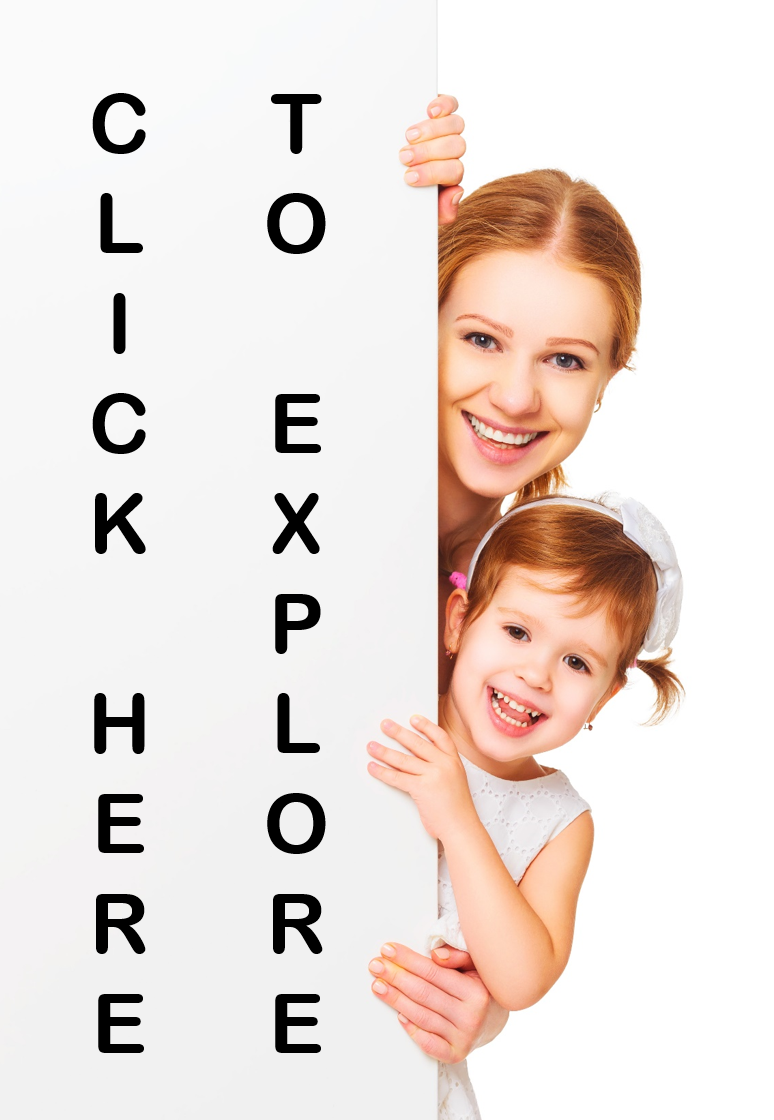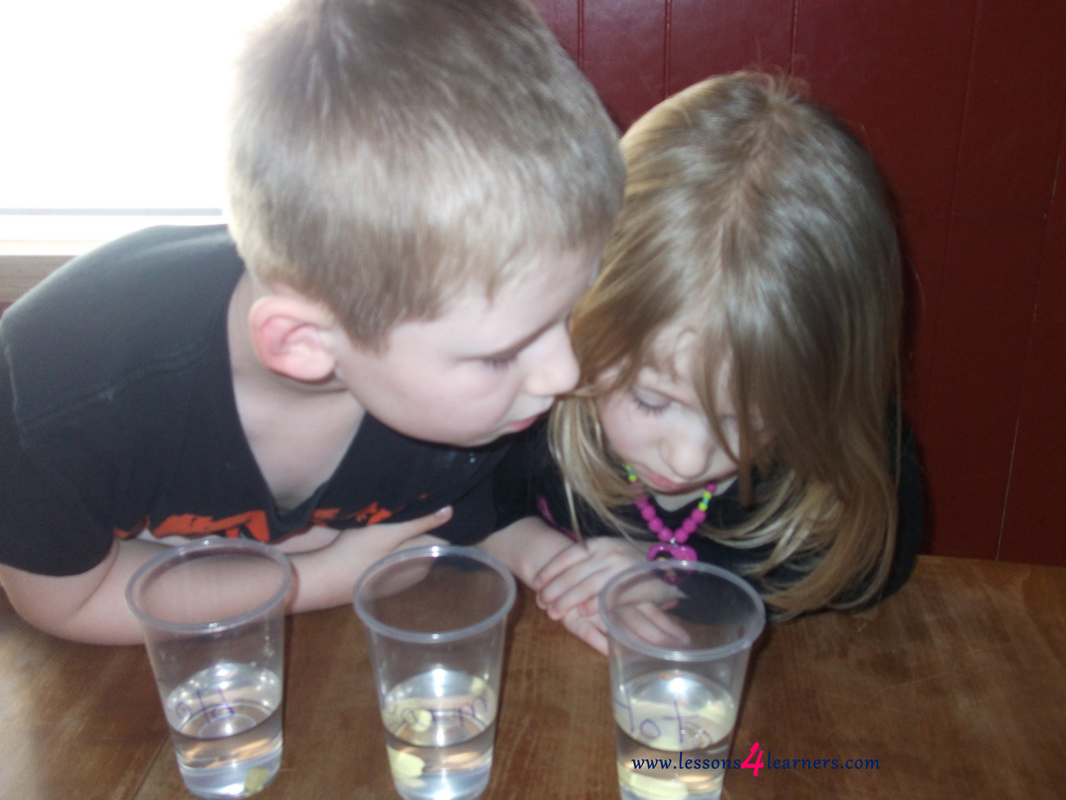Sink or Float Vegetables
Lesson Plan:Activity:
Sink or Float Vegetables
Lesson plan developed by Ms. Erika Geelhoed, BA Ed
Age Group:
Objectives:
Children will:
EALR 2
Washington State k-12 Science Standard:
EALR 2: Inquiry Big Idea: Inquiry (INQ) Core Content: Conducting Investigations
|
|
Click on the photos to enlarge.
|
Materials:
Procedure:
|
Assessment:
- Record the children's comments during the activity and post-experiment discussion. Were they able to explain why some vegetables floated and others sank? Review their worksheets and determine if they were able to complete the results section accurately.
Click on the course icon for enrollment information.
What Is STEM All About?
STEM is an acronym. It was used originally by the US government to describe fields of study that helped immigrants get work visas: science, technology, engineering, and math. Today, educators are linking these areas together in what is called STEM curriculum. When we break down the acronym into its parts, we see that early childhood programs practice STEM activities every day.
|
Science activities include exploring water and sand, comparing and contrasting natural materials like rocks and soil, rolling balls across the room, and looking through a magnifying glass to count how many legs are on the bug that was caught during outdoor play. Technology activities include computers, but also identifying simple machines like gears and wheels and pulleys.
Engineering happens in the block area. There children are planning and designing structures every day with little teacher direction. Math activities include counting and matching shapes and making patterns. Measuring is easy too, especially with unit blocks where two of one size equal one of the next size up. |
